How Burnout Affects Physicians but also Patients
Since entering the world of healthcare, I've had countless conversations with physicians grappling with one of the profession's biggest challenges: burnout. If you're in healthcare, you probably know exactly what I'm talking about. I have had personal experience as I suffered from burnout early in my clinical career.
It isn’t just me. Burnout among physicians is a growing crisis with far-reaching implications, not only for the health and well-being of doctors themselves but also for the quality of care they provide to patients. This issue is pervasive across all levels of healthcare and has been exacerbated by the increasing demands of the profession, the emotional toll of patient care, and the systemic challenges that the healthcare industry faces. Let’s explore how burnout affects physicians and why it’s crucial to address this issue.
All physician specialties have increased burnout. My specialty, emergency medicine, has now the highest rates making it even worse.
The Prevalence of Burnout Among Physicians
Burnout is characterized by emotional exhaustion, depersonalization, and a reduced sense of personal accomplishment. Studies have shown that nearly half of all physicians experience burnout at some point in their careers. This high prevalence is alarming and highlights a systemic problem that goes beyond individual resilience or coping strategies. The roots of burnout often lie in excessive workload, administrative burdens, time pressures, and a lack of support within the workplace.
Systemic causes require systemic changes. Lifestyle offers and changes don’t change the core reasons.
The Impact on Physicians' Health
Physicians experiencing burnout are at a higher risk of mental health issues, including depression, anxiety, and even suicidal ideation. The intense stress and emotional strain of the job can lead to physical symptoms like chronic fatigue, sleep disturbances, and cardiovascular problems. Furthermore, burnout can erode a physician’s sense of purpose and passion for medicine, leading to a decreased job satisfaction and a higher turnover rate within the profession.
It also causes numbness. Medicine requires connection for both the physician and patients’ sake. We are seeing an erosion of empathy because of burnout, which leads to…
Patient Care Suffers Too
The erosion of empathy has a direct effect on patient care also. Patient care suffers because the physician-patient relationship suffers. Burned-out physicians are more likely to make medical errors, have lower patient satisfaction scores, and may struggle with maintaining empathy and effective communication with patients. This can lead to a vicious cycle where reduced quality of care further contributes to physician frustration and burnout. The implications for patient safety and the overall healthcare experience cannot be overstated.
If this isn’t the number one reason to address burnout, I don’t know what is.
Systemic Challenges and Solutions
Addressing physician burnout requires a systemic approach. It's not enough to tell physicians to practice self-care or build resilience. While these are important, they do not address the root causes of burnout. Giving time for yoga or wellness does not make our job easier. (Remember burnout is associated with WORK. Depression or anxiety is general - work can worsen symptoms but they are not only associated with work.). Healthcare organizations must take a proactive stance by improving working conditions, reducing administrative burdens, offering mental health support, and fostering a culture that values the well-being of its staff.
Additionally, there needs to be a shift in how we view physician workloads. Leveraging technology to streamline administrative tasks (not worsen them), listening when clinicians tell you what’s wrong and creating more flexible work environments can all contribute to reducing the risk of burnout.
Moving Forward
It’s clear that physician burnout is not just a personal issue but a systemic one that requires concerted efforts from all stakeholders in the healthcare system. By prioritizing physician well-being, we not only improve the lives of those who dedicate themselves to caring for others, but we also enhance the overall quality of healthcare. Everyone suffers if physicians continue burning out. Modern medicine is complex and requires better solutions. Physicians need to thrive, not just survive. It is crucial for ourselves but also our patients.
